The draft Decree was developed by the Vietnam Road Administration to guide the Road Law recently passed by the National Assembly, effective from January 1, 2025. The Road Law stipulates that tolls will be collected on expressways built by the State.
Accordingly, the department proposed specific fees for each route, with the lowest being 900 VND/km and the highest being 6,000 VND/km, depending on the group, type of vehicle and route.
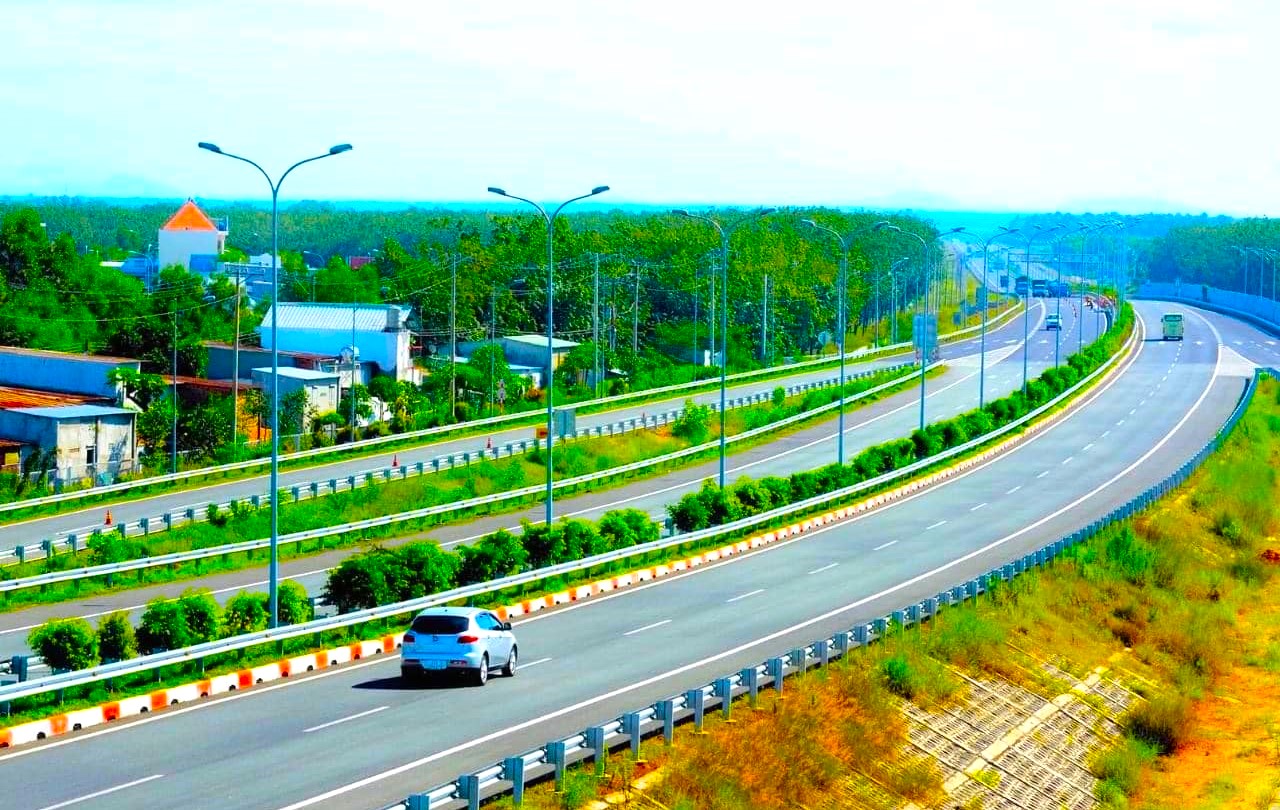
The Department of Roads has drafted a decree proposing toll rates on state-invested highways.
Expressways will be charged tolls when three conditions are met: Expressway projects are designed and invested in according to technical standards and regulations on expressways; construction is completed and put into operation and use according to regulations; toll stations, software systems and equipment are completed to ensure operations and toll collection.
For expressways put into operation before January 1, 2025 that do not meet expressway standards and regulations, toll collection will be implemented after construction and installation of toll stations are completed.
The Vietnam Road Administration also said that the fee level must be determined in a reasonable and harmonious manner with the service fee for using roads and expressways invested in the form of public-private partnership (PPP). At the same time, the fee level that allows expressway users to share benefits with the State is lower than the benefits that expressway users receive.
On that basis, the drafting agency proposed the toll rates for expressways invested synchronously according to the following standards: Expressways with four lanes have the lowest toll rate of VND1,300/km and the highest is VND5,200/km; expressways with four or more lanes have the lowest toll rate of VND1,500/km and the highest is VND6,000/km.
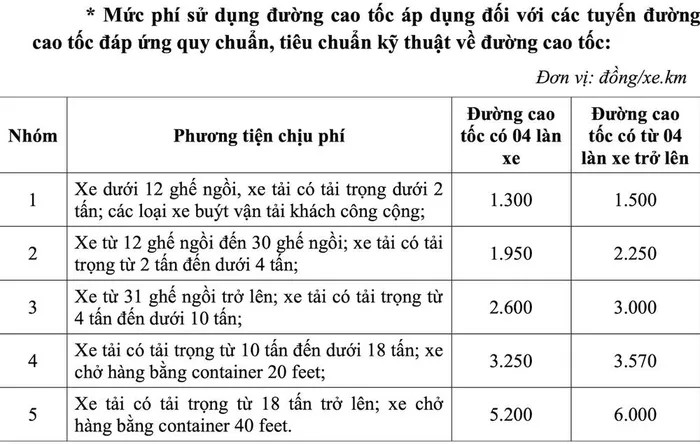
Toll rates for completed expressways.
For expressways put into operation before January 1, 2025 that do not meet the prescribed standards (no rest stops, service roads, etc.), the toll rates are as follows: Expressways with 4 limited lanes have the lowest toll rate of 900 VND/km, the highest is 3,600 VND/km; expressways with 4 lanes and continuous emergency lanes have the lowest toll rate of 1,000 VND/km, the highest is 4,000 VND/km; expressways with 4 or more lanes, the lowest toll rate is 1,100 VND/km, the highest is 4,400 VND/km.
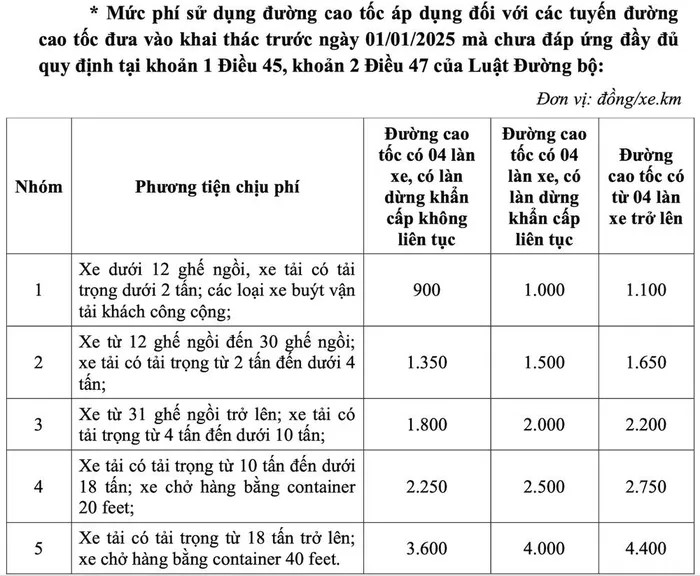
Fees for routes that have not been invested in synchronously.
With the above collection plan, it is expected that after implementing toll collection on the expressways in operation, the collected toll amount can reach 3,210 billion VND per year; the amount paid to the State budget is 2,850 billion VND per year.
Mr. Bui Quang Thai, Director of the Vietnam Road Administration, said that the decree is built in the direction that the quality of highway services corresponds to the toll level, and roads that meet the standards will have different toll levels than roads that do not meet the standards.
In addition, the State collects highway tolls not for profit. The toll collection is for the purpose of maintenance and investment in the development of new highways.
Regarding the form of toll collection, the leader of the Roads Department said that they are currently studying two forms: the State organizes the implementation itself, or grants the right to private management and operation (O&M).
In the first form, the agency managing highway assets will be the Department of Roads. Accordingly, the department will bid to select a contractor to provide toll collection services on the basis of a non-stop automatic toll collection system. This option has the disadvantage of collecting tolls in a "gradual" manner, after deducting costs, the collection organization will pay the budget.
The second form is that the State will sell the right to collect tolls to investors for a certain period of time. They will collect tolls and manage and maintain the route. "This option has the advantage that the State will immediately collect a large amount of money to reinvest in the expressways, without having to "feed" the management and toll collection apparatus. However, with expressways with low traffic, it will be difficult to attract investors," Mr. Thai analyzed.
The number of expressway projects will double by the end of 2025, when 12 component projects of the North-South expressway phase 2 (2021-2025) are completed.
Source: https://www.baogiaothong.vn/de-xuat-thu-phi-cao-toc-do-nha-nuoc-dau-tu-muc-cu-the-the-nao-192240711115729603.htm



![[Photo] Vietnam and Sri Lanka sign cooperation agreements in many important fields](https://vphoto.vietnam.vn/thumb/1200x675/vietnam/resource/IMAGE/2025/5/5/9d5c9d2cb45e413c91a4b4067947b8c8)
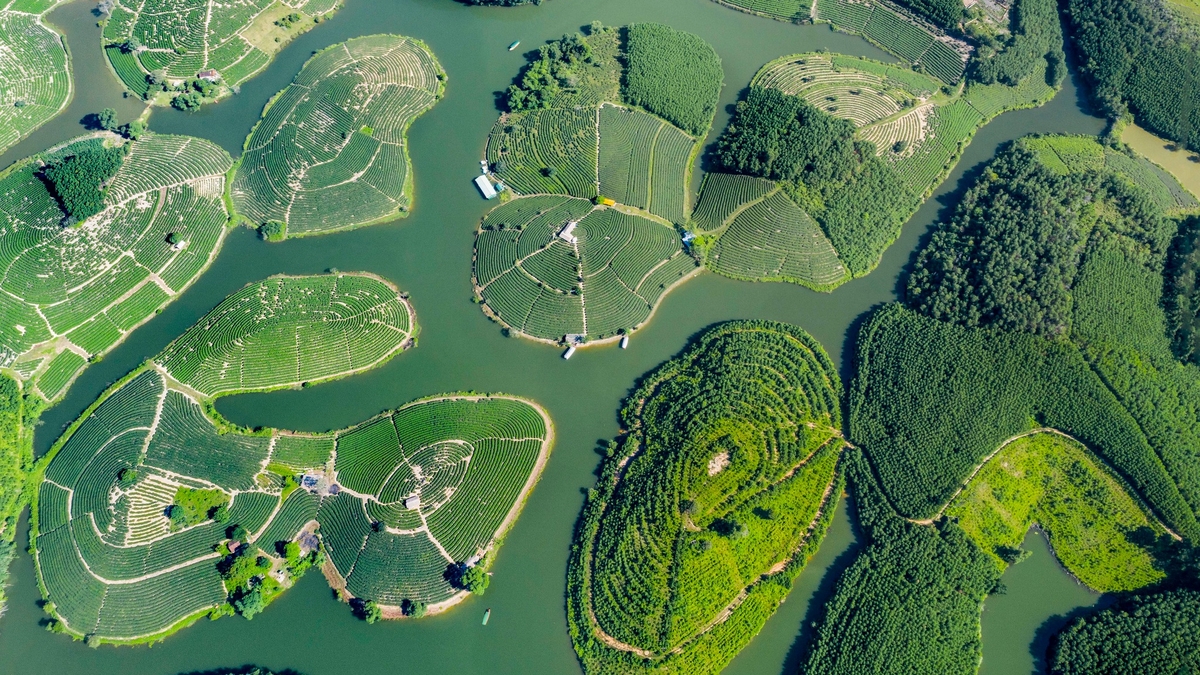






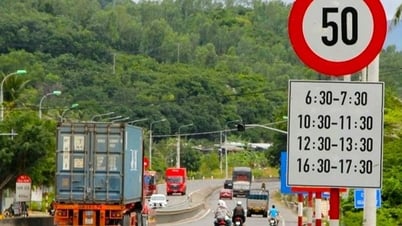
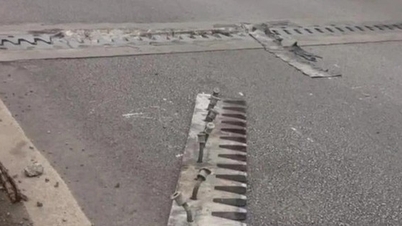

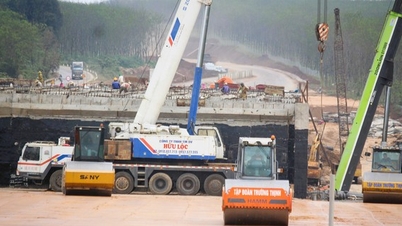
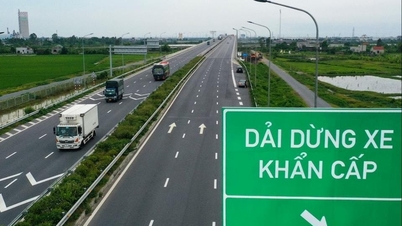


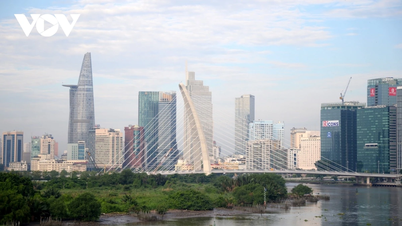



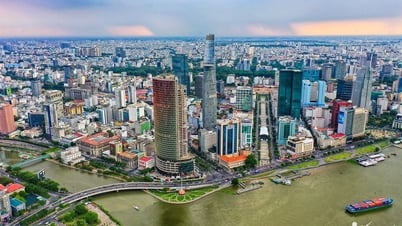










![[Photo] President Luong Cuong and Sri Lankan President Anura Kumara Dissanayaka visit President Ho Chi Minh relic site](https://vphoto.vietnam.vn/thumb/1200x675/vietnam/resource/IMAGE/2025/5/5/0ff75a6ffec545cf8f9538e2c1f7f87a)






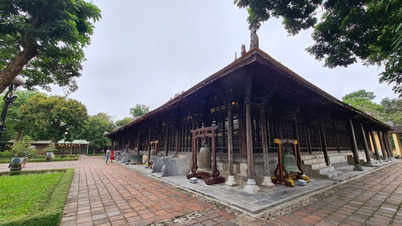






















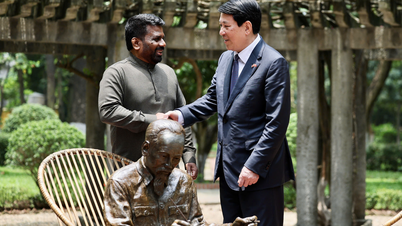
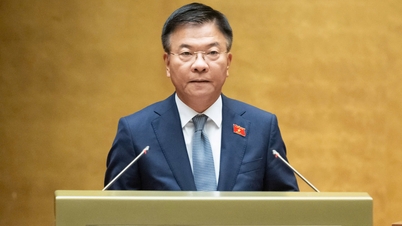



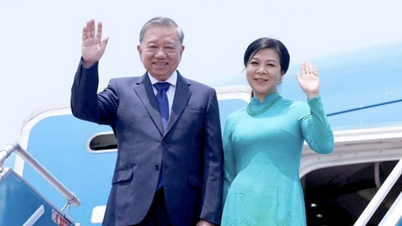




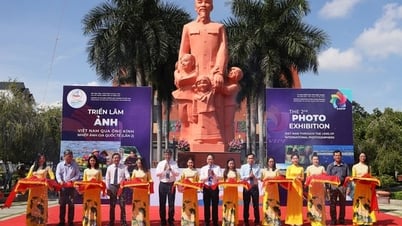



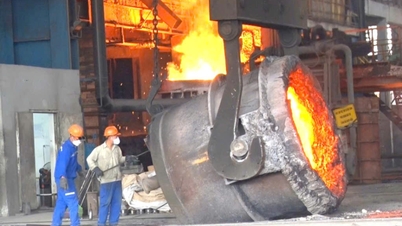





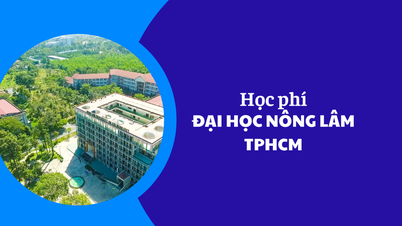



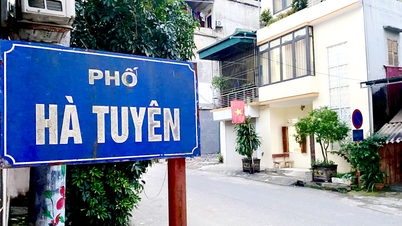


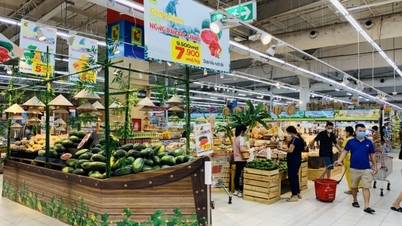








Comment (0)